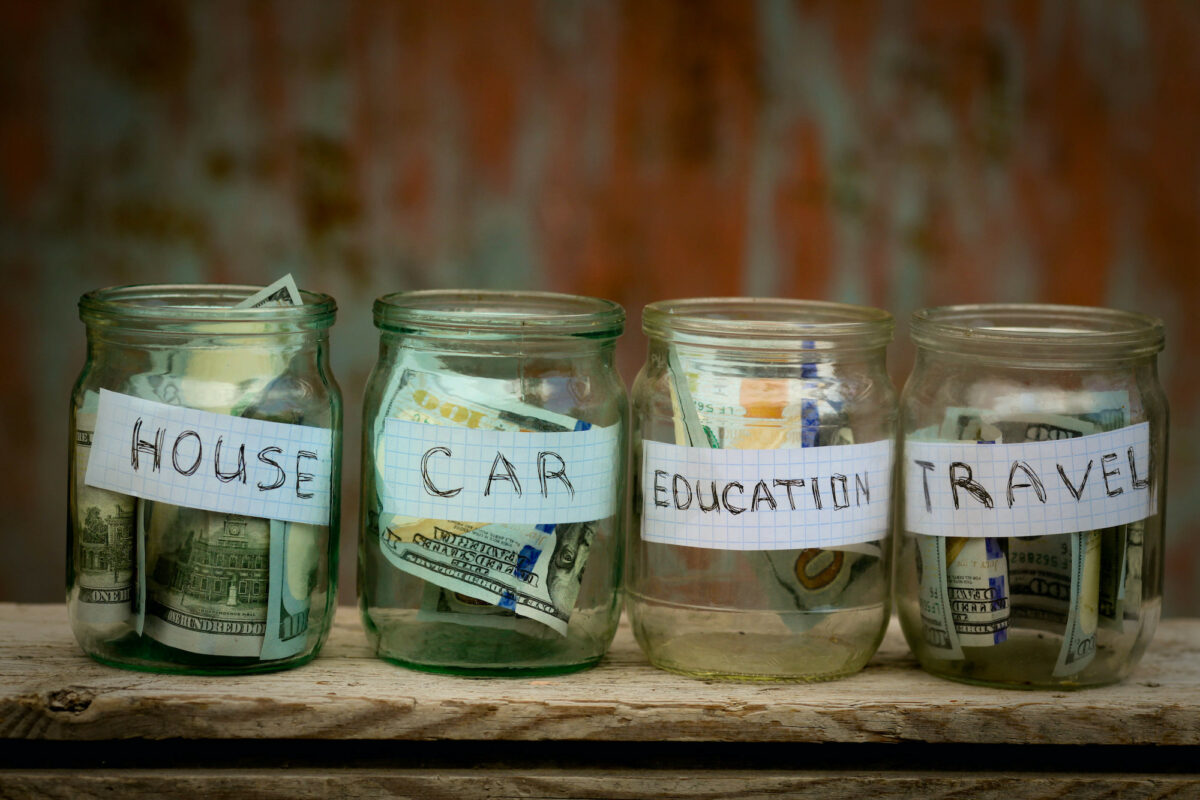By Zully Rodriguez | Community Organizer for PCA
This blog was originally written in Spanish
An emergency or “little” savings fund is vital to a family’s finances. Unfortunately, not all families have one. The recommended amount of savings for a low- to middle-income family is $1,000, but each family should determine how much is enough for them.
You would think that the pandemic made it difficult to save money, but not for everyone. Some families had the opportunity to revisit the way they were spending money and budget more efficiently. So, for them, the pandemic was an important time of financial reflection and adjustment.
Even with all odds against them, a group of PCA member families decided to take on an extra challenge during the pandemic. These families agreed to participate in the PCA Challenge. For one full year (Oct 2020-Oct 2021), 28 families committed to creating an emergency savings fund, saving a monthly amount until they reached the goal of $1000. And more than half of the families reached this goal. Some other families did not meet the goal yet, but they will continue to save until they achieve the $1,000 mark.
The PCA Challenge suggested each family save $83.33 each month, but each family made the necessary adjustments to get organized and achieve the $1,000 goal. For some, a monthly deposit worked fine, but for others a weekly deposit was less painful. If you think about it, $83.33 could maybe pay the electric bill, one or two tanks of gas a month. So, setting this amount aside was not easy for everyone. It was especially difficult for those who were not used to saving. Staying committed to meeting the goal was perhaps what made the difference.
One of the families mentioned: “It was not easy, my work hours were cut back for a while, but I still made it.” So, what was it that helped these families succeed even during such difficult times? The answer, perhaps, came from another of the families: “I stopped spending what I thought were small amounts, and out of that I was able to achieve my goal!”
Sometimes we think that we do not make big expenses, without realizing that small expenses become gigantic in the long run. A visit to a thrift store makes us feel like we are saving, but are we really saving? To avoid guilt and justify our spending, we tell ourselves, “A soda or a coffee is not going to make me any richer or poorer,” and we make that small expense. In the long run, things that seem insignificant to us like a coffee, a soda, a visit to a thrift store, a garage sale, a dollar toy, become a leak that drains the family’s finances.
According to the Consumer Financial Protection Bureau, an emergency savings account or fund could prevent you from being left with a debt after covering an unexpected expense. Each family should decide how much they want to have in that account considering their individual situation. The Bureau recommends creating a savings habit by following the steps below:
- Set a goal
- Find a way to make consistent contributions to your savings.
- Review regularly how you are doing
- Celebrate your achievements!
For many of us, this pandemic brought, along with other challenges, the opportunity to reconsider the way we were using our money. It may be true that buying a soda or a coffee will not make us richer or poorer, but perhaps having saved that small amount will make a difference the day we have an emergency and are partially or fully prepared to deal with it.
The PCA Challenge was a success, and we want to thank and especially congratulate all the families who participated and who have told us about their experience. Great work, families! Together we will succeed!

